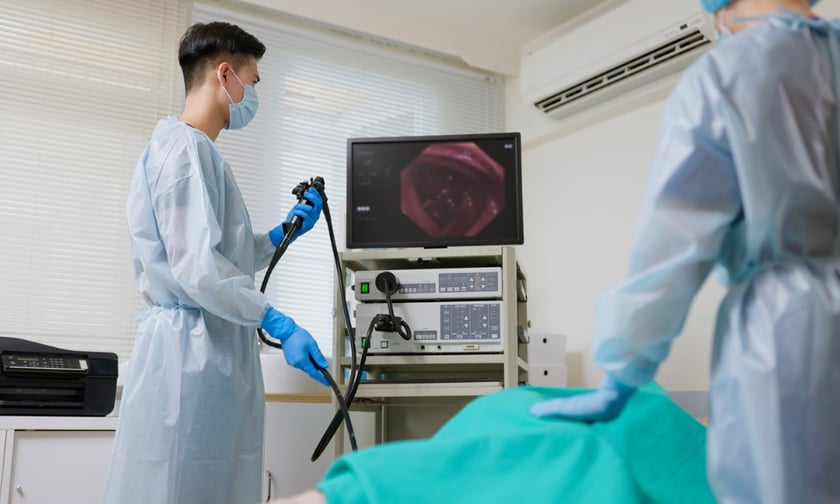

The HCF Research Foundation is backing a crucial study aimed at improving the efficiency of surveillance colonoscopies, just as the Australian government lowers the bowel cancer screening age to 45. This announcement coincides with Bowel Cancer Awareness Month in June, highlighting the importance of early detection and treatment.
The "Value in Care – Optimizing Surveillance Colonoscopy (VIC-COL)" study by Professor Denise O'Connor of Monash University has made substantial progress since receiving funding from the HCF Research Foundation in 2022. The study's goals align with the government’s recent decision to extend the National Bowel Cancer Screening Program (NBCSP) to include Australians aged 45-49, starting July 1.
Bowel cancer remains Australia's second deadliest cancer but is highly treatable when detected early. The VIC-COL study focuses on ensuring that surveillance colonoscopy resources are used effectively, providing patients with timely and appropriate care in line with best practice guidelines.
"Clinical practice guidelines produced by Cancer Council Australia and endorsed by the National Health and Medical Research Council provide guidance for healthcare professionals and their patients on the need for and timing of future surveillance colonoscopy. By improving adherence to these guidelines, we can ensure high-quality care and better health outcomes for patients," O'Connor said.
The expansion of the NBCSP will add 1.6 million Australians aged 45-49 to the screening program, making efficient allocation of colonoscopy resources more critical than ever. Surveillance colonoscopies are follow-up procedures performed at regular intervals after an initial colonoscopy has detected pre-cancerous lesions, polyps, or cancer, differing from diagnostic colonoscopies used to investigate symptoms or as part of routine screening.
In the first 18 months, the VIC-COL study has achieved notable progress by working with six hospitals to develop initiatives such as training nurse champions, conducting regular chart audits, and providing feedback to healthcare professionals to support guideline-concordant surveillance colonoscopy intervals.
"The HCF Research Foundation's continued support of the VIC-COL project exemplifies our commitment to translating research findings into real-world practice, with the aim of delivering better patient outcomes and more cost-effective and efficient health services,” said Dr. Chris Pettigrew, head of the HCF Research Foundation.
